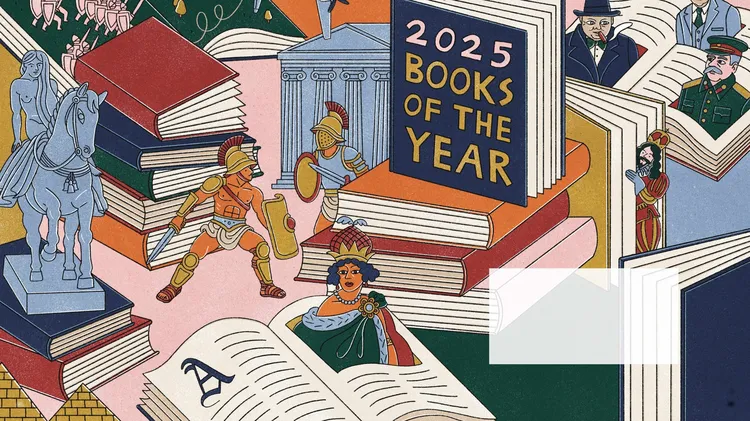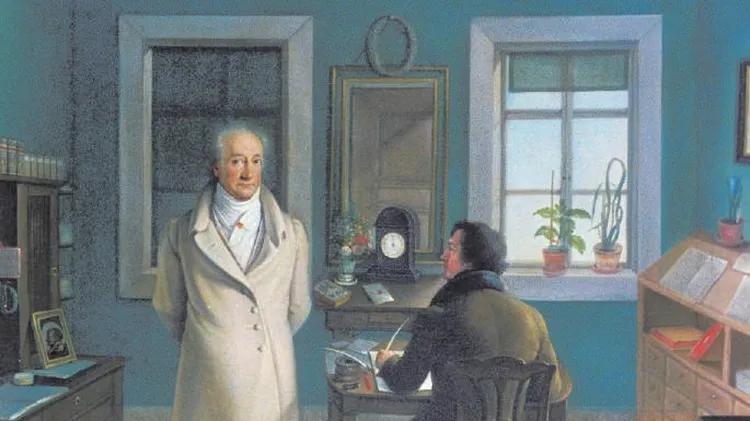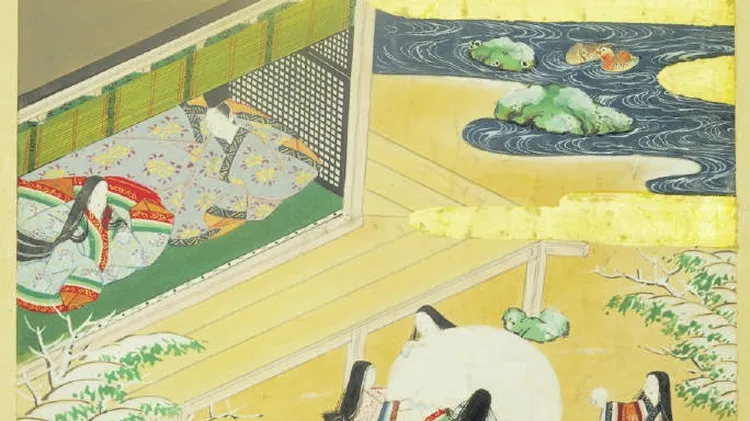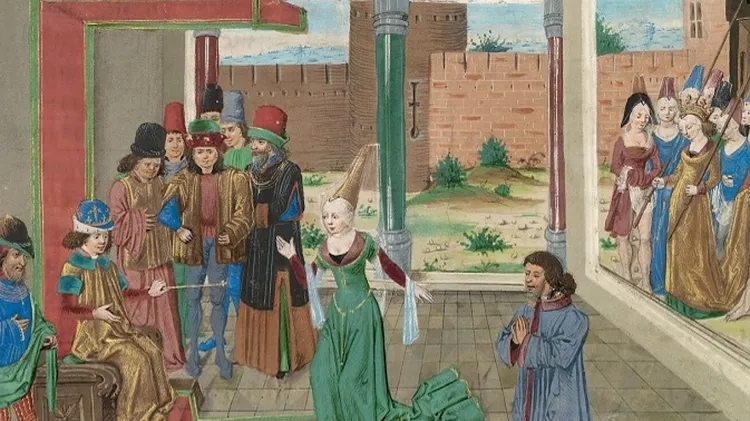“europeans have been obsessed with the east’s spiritual depths since alexander the great”
12 min read
This article is from...
Read this article and 8000+ more magazines and newspapers on Readly






